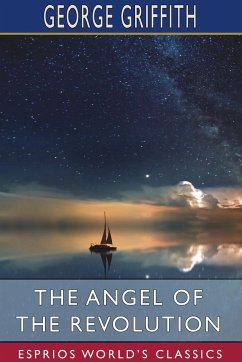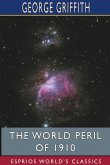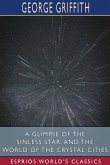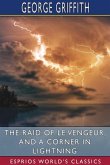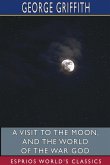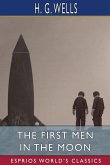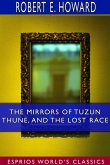The Angel of the Revolution: A Tale of the Coming Terror (1893) is a science fiction novel by the English writer George Griffith. It was his first published novel and remains his most famous work. It was first published in Pearson's Weekly and was prompted by the success of "The Great War of 1892" in Black and White magazine, which was itself inspired by The Battle of Dorking. A lurid mix of Jules Verne's futuristic air warfare fantasies and the utopian visions of News from Nowhere, and a precursor of Welles' future The War in the Air and the war invasion literature of George Tomkyns Chesney and his imitators, it told the tale of a group of self-styled 'terrorists' who conquer the world through airship warfare.
Hinweis: Dieser Artikel kann nur an eine deutsche Lieferadresse ausgeliefert werden.
Hinweis: Dieser Artikel kann nur an eine deutsche Lieferadresse ausgeliefert werden.

